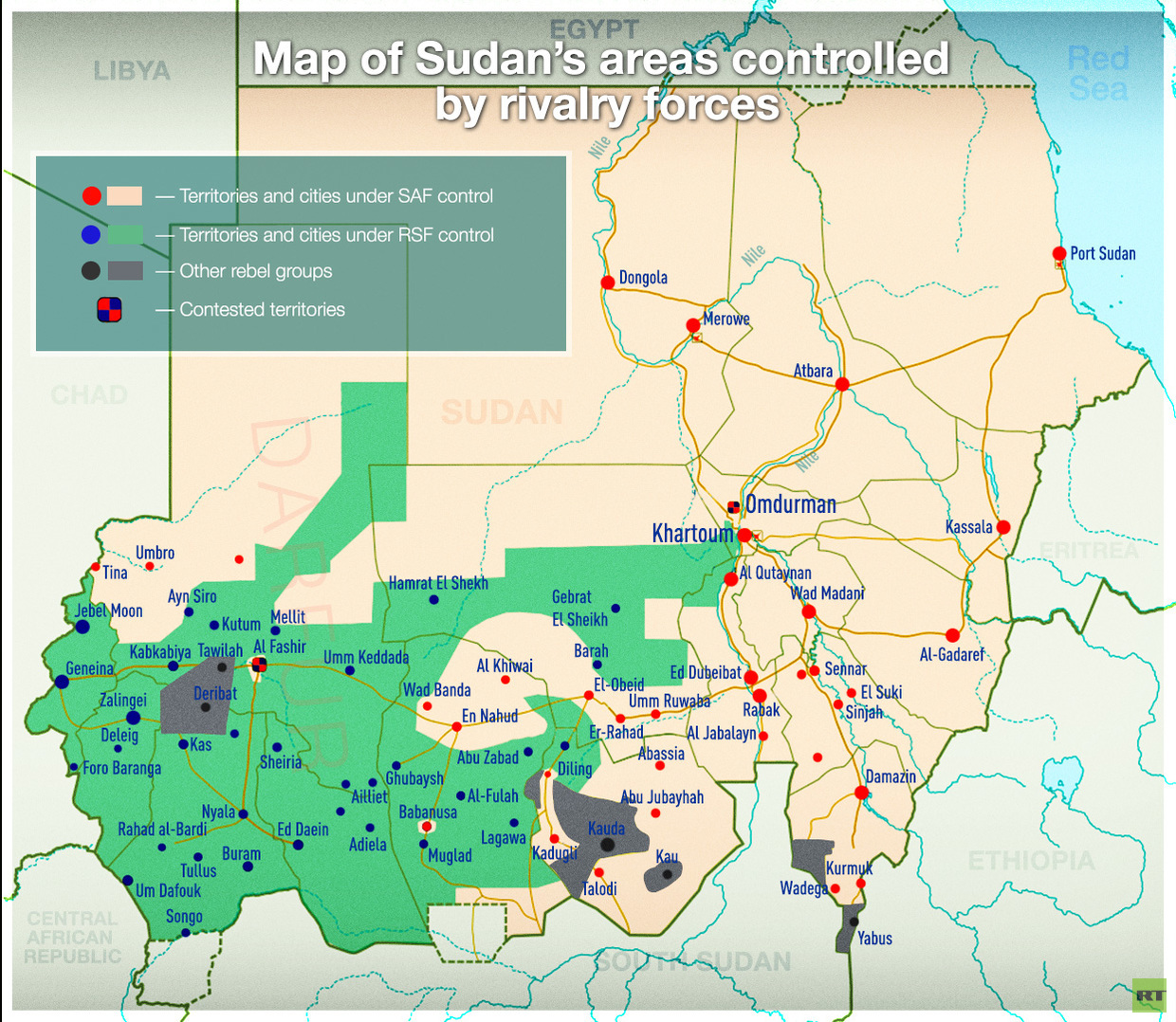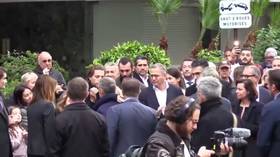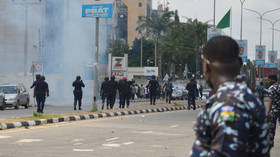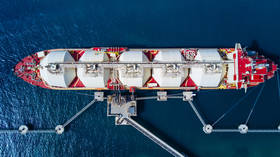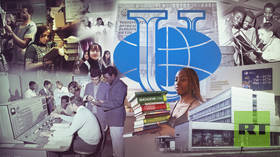Crucial water facility destroyed in war-torn African nation
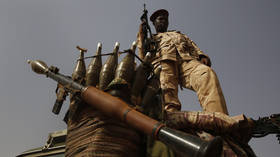
The paramilitary Rapid Support Forces (RSF) have destroyed the main water quality testing laboratory in Khartoum state, Sudan, inflicting a major blow to critical infrastructure amid the continuing civil war, according to a senior official.
In an interview with the Sudan Tribune on Wednesday, Mohamed Ali al-Ajab, director general of the Khartoum State Water Corporation, said the RSF wrecked the al-Mugran laboratory, which previously analyzed Nile and groundwater samples for both public and private clients. The lab, worth an estimated $1 million, was the largest of its kind in the area.
“The authority has lost approximately 454 vehicles, whether they were cars, mobile tankers, cranes, or excavators,” Ajab said.
According to the director, the International Committee of the Red Cross (ICRC) has delivered spare parts worth $77,000, with an additional $223,000 shipment expected.
All of Khartoum state’s water stations have been severely disrupted since fighting broke out in April 2023 between the RSF and Sudanese Armed Forces (SAF). Only one station continued working throughout the conflict, according to Ajab. Six of 12 major plants have since partially resumed service.
However, Khartoum North (Bahri), a key facility with a daily capacity of 300,000 cubic meters, remains only partly functional.
Ajab detailed massive damage to Bahri’s electrical systems, citing the loss of over 17km of cable, 61 control panels, nine transformers, and three pumps that were reportedly thrown into the Nile River.
Estimates of fatalities have varied since the outbreak of the fighting, though research from the London School of Hygiene and Tropical Medicine suggests that over 61,000 people were killed in the state of Khartoum alone during the first 14 months. Local media have reported a death toll as high as 130,000.
In March, the director of Sudan’s National Corporation for Antiquities and Museums (NCAM), Ghalia Garelnabi, announced that the RSF had looted all archaeological gold from the National Museum in Khartoum. Opened in 1971, the museum housed artifacts spanning Sudanese history from the Stone Age to the Islamic period. Experts called the assault a “historical catastrophe,” with an estimated 90% of the collection destroyed.
